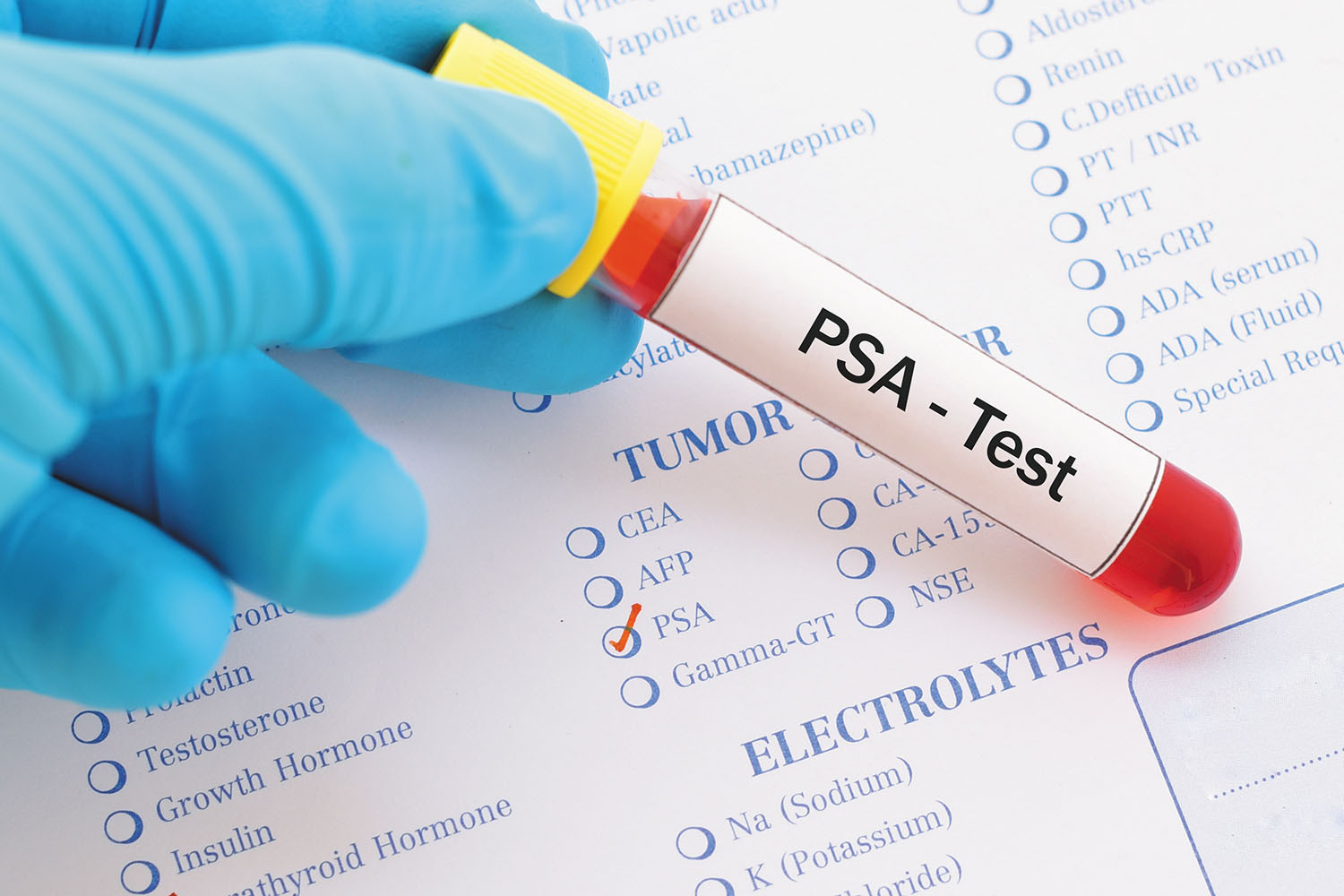
New thinking about plaque in arteries that feed the brain

Want to prevent shifting teeth? Maybe you need retainers

What you need to know about the new dietary guidelines

Food that’s healthier for people and planet can be cheaper, too

New evidence that polyphenol-rich foods help the heart

8 simple ways to reduce ultra-processed foods in your diet

How to curb your stress eating

How to spot Parkinson’s disease symptoms

Heart failure symptoms in women: How they’re different

GERD diet: Foods to avoid to reduce acid reflux
Prostate Health Archive
Articles
FDA approves new treatment for advanced prostate cancer
Approval by the FDA of a new drug combination for treatment of advanced prostate cancer fills a need and offers new hope to men whose cancer has progressed and who have already tried other therapies.
Older men continue to have excessive PSA testing
Guidelines recommend against routine prostate-specific antigen (PSA) testing in men ages 70 and older. Still, two 2023 studies found that men in this age group are having too many PSA tests.
Young men with prostate cancer: Socioeconomic factors affect lifespan
Prostate cancer is generally viewed as a disease of older men, yet about 10% of new diagnoses occur in men age 55 or younger. Biological differences partially explain the discrepancy, but socioeconomic factors also play an important role.
How does waiting on prostate cancer treatment affect survival?
Men who are diagnosed with certain types of prostate cancer often choose active surveillance, which allows them to delay the need for aggressive treatment. The results of a long-term study affirm that this approach is a valid option for managing the disease.
Taking charge of prostate cancer
Men with low-risk prostate cancer continue to choose active surveillance as their course of action, meaning they monitor their cancer and don’t seek treatment unless it becomes worse. While this wait-and-see approach may appear passive in nature, it’s an opportunity for men to take charge of their health and make lifestyle changes that could improve their cancer outcome and offer protection against other health risks, like heart disease.
Prostate cancer in transgender women
The increasing size and visibility of the transgender population has implications for public health. Hormone treatment given to transgender women lowers the overall risk of prostate cancer, but the risk of a trans woman developing the disease is not zero.
Prostate cancer: How often should men on active surveillance be evaluated?
Doctors used to recommend treating all men with prostate cancer; now they are likely to advise active surveillance for lower-risk cancers. But some men require closer monitoring — so how do they determine which ones?
What are the chances that prostate cancer will return after surgery?
In some men who have prostate cancer surgery the cancer never returns, while in others it does. A new type of imaging technology indicates the presence of prostate tumors, and researchers wanted to know if this could be used to predict cancer recurrence after treatment.
Sex and prostate health
Sexual side effects can be a primary concern when treating an enlarged prostate with medication or surgery. Depending on the treatment, side effects might include erectile dysfunction, low libido, reduced volume of ejaculation, or retrograde ejaculation, (in which semen travels backward into the bladder rather than out through the penis). Understanding the risks can help men with their treatment decision and to be better prepared if any sexual-related problems arise.
Can plant-based diets lower your risk of prostate cancer?
This year, results from a review of literature on plant-based diets and prostate cancer risk concluded that apart from having advantages for cardiovascular health, quality of life, and environmental benefits, plant-based diets have the potential to improve prostate cancer outcomes.

New thinking about plaque in arteries that feed the brain

Want to prevent shifting teeth? Maybe you need retainers

What you need to know about the new dietary guidelines

Food that’s healthier for people and planet can be cheaper, too

New evidence that polyphenol-rich foods help the heart

8 simple ways to reduce ultra-processed foods in your diet

How to curb your stress eating

How to spot Parkinson’s disease symptoms

Heart failure symptoms in women: How they’re different

GERD diet: Foods to avoid to reduce acid reflux
Free Healthbeat Signup
Get the latest in health news delivered to your inbox!
Sign Up











